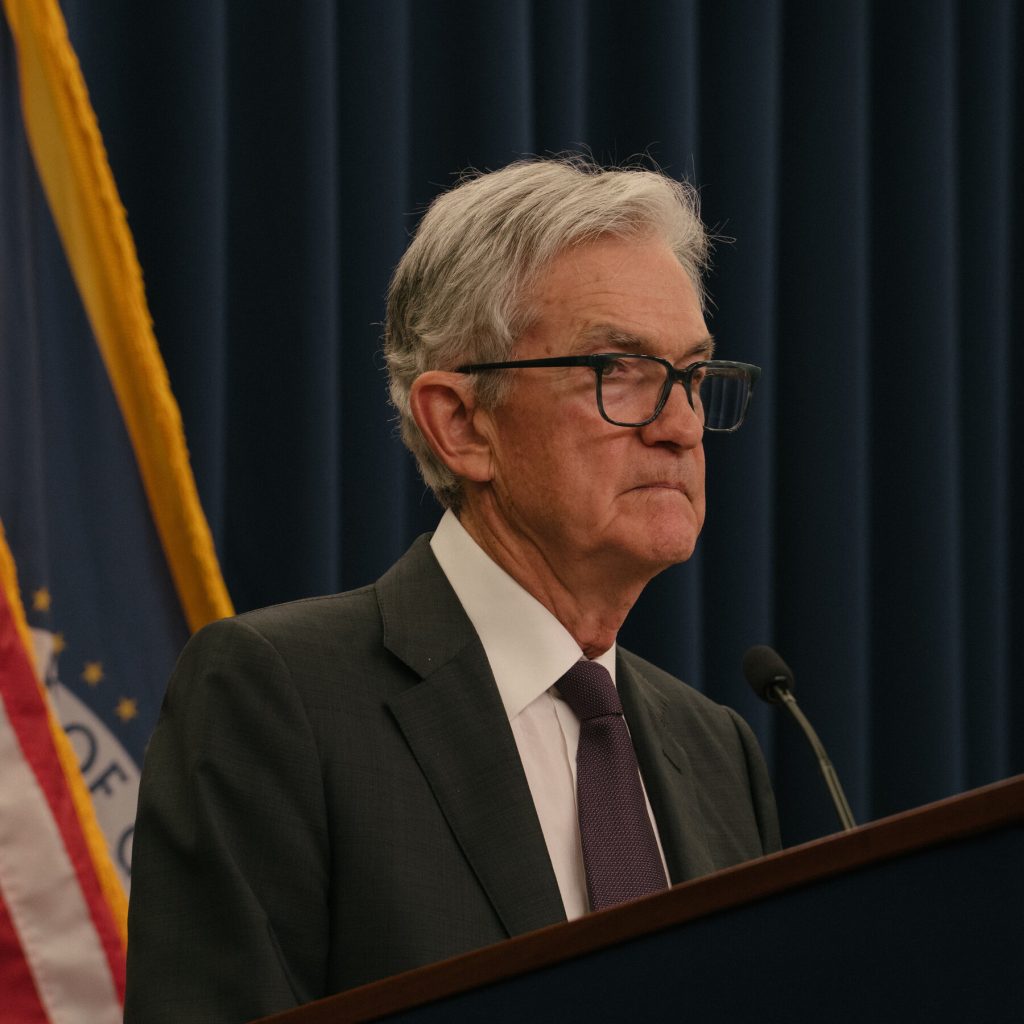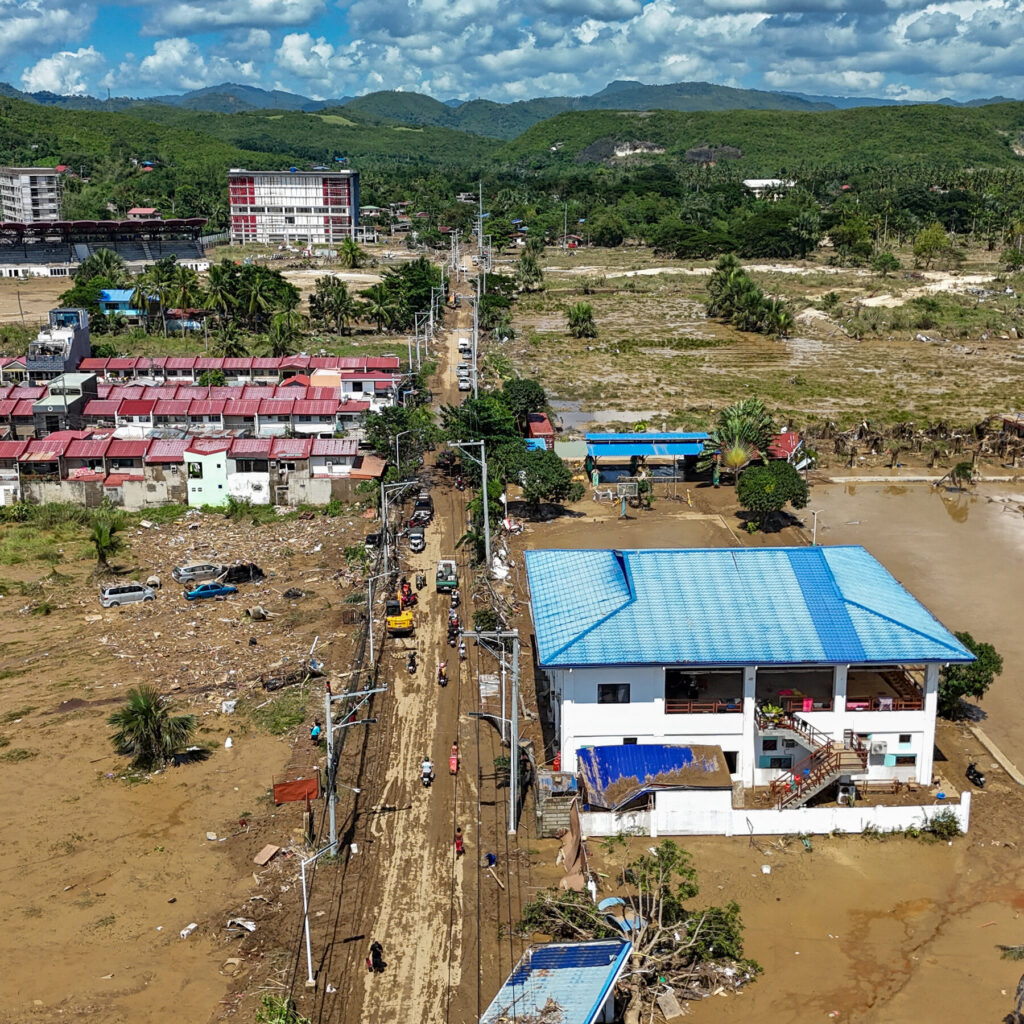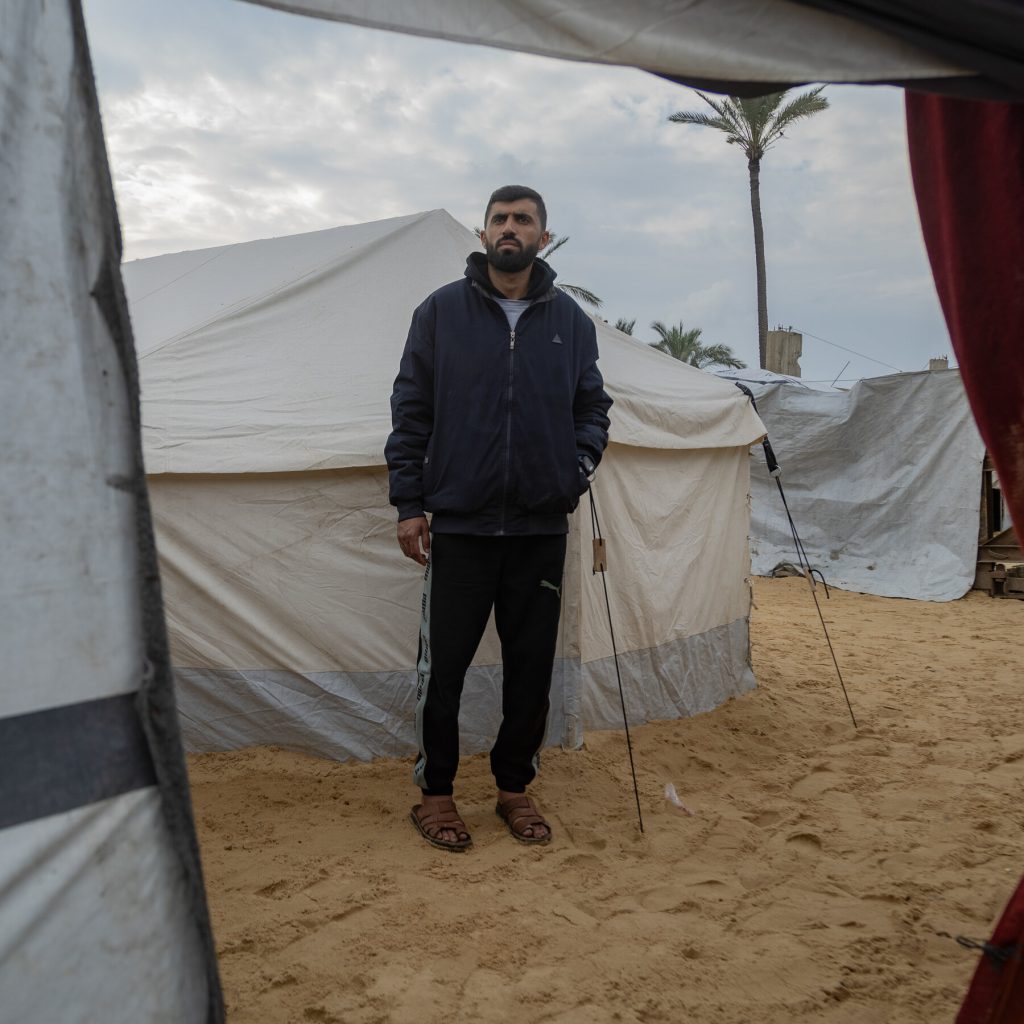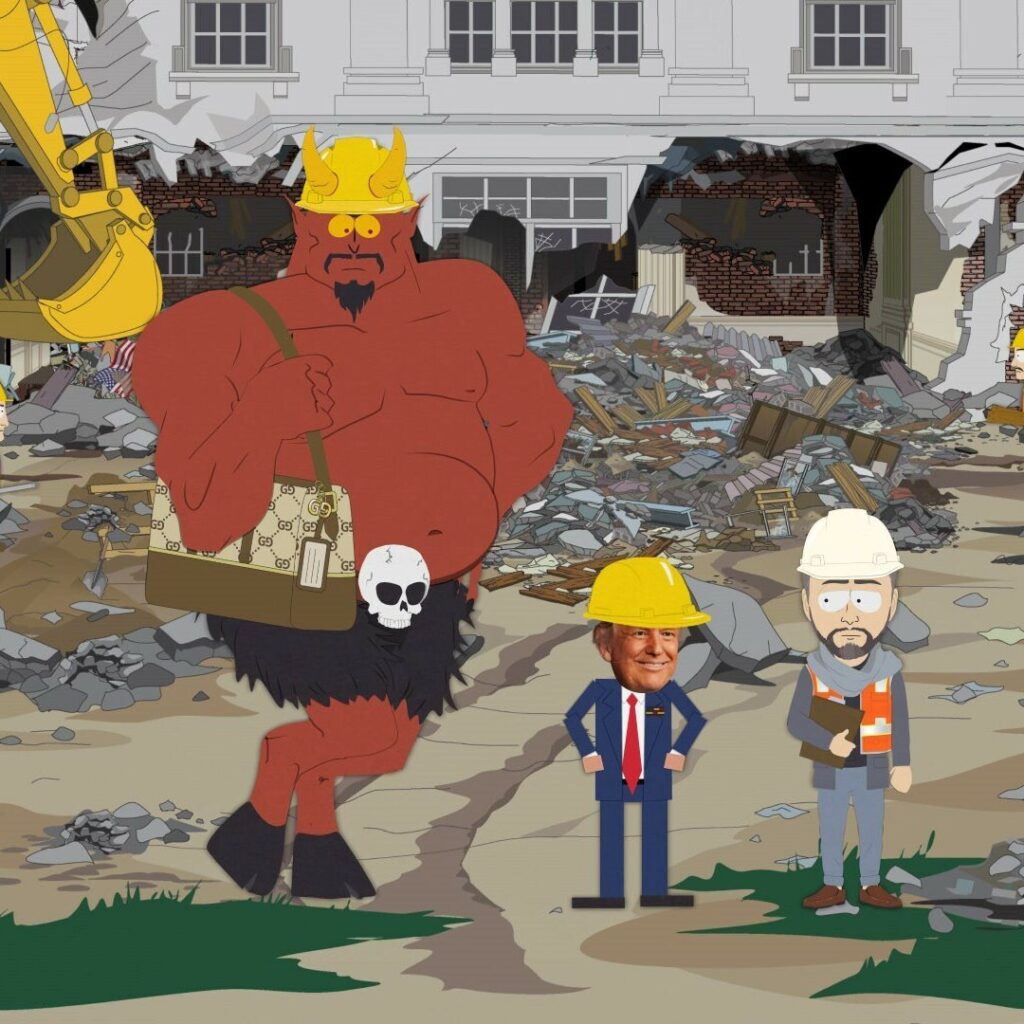Russia to Test Nuclear-Powered Tsunami Device, Heightening Global Tensions
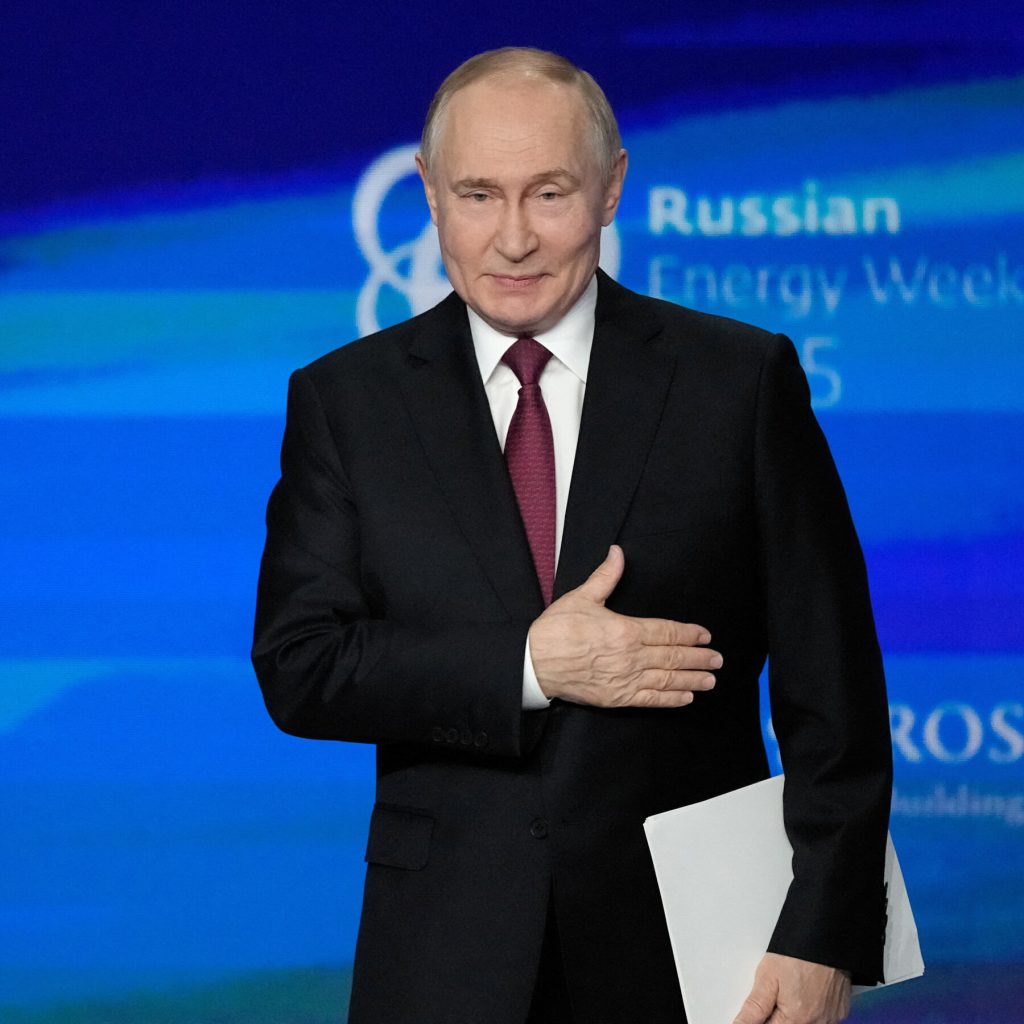
In a move likely to escalate global concerns over Russia’s nuclear capabilities, President Vladimir V. Putin has announced plans to conduct a test of a new nuclear-powered device capable of generating tsunamis. This forthcoming test comes on the heels of the Russian leader’s recent declaration of a successful trial of another advanced nuclear weapon, further underscoring Moscow’s commitment to expanding its nuclear arsenal.
Details about the specific characteristics and intended use of the tsunami-making device remain scarce. However, the development and testing of such technology would mark a significant advancement in nuclear-powered, non-explosive military capabilities. The international community is likely to scrutinize this move closely, given the potential implications for global security and the delicate balance of power among nuclear-armed states.
The announcement also surfaces at a time when tensions between Russia and Western nations are running high, with disputes over military interventions, cybersecurity threats, and nuclear disarmament contributing to an increasingly strained geopolitical environment. Critics argue that Russia’s actions could trigger a new wave of nuclear proliferation, prompting other nations to reconsider their own nuclear postures in response.
While the exact date and specifics of the test have not been disclosed, the revelation is expected to draw swift reactions from global leaders and international organizations. Diplomatic efforts aimed at curbing nuclear arms development and promoting disarmament are likely to gain renewed urgency in the wake of this announcement.
The development of a nuclear-powered tsunami device, if pursued to its conclusion, would not only expand Russia’s military capabilities but also potentially redefine the boundaries of strategic deterrence. As the world waits with bated breath for more information on this development, one thing is clear: The geopolitical landscape is on the cusp of a significant shift, with far-reaching implications for international peace and security.



